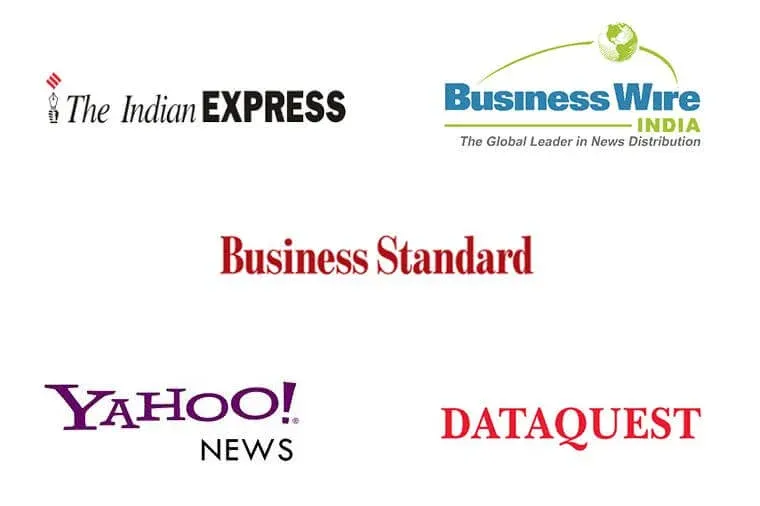IIM Calcutta rolls out new 6-month FinTech and Blockchain course

Targeted at management and finance professionals, the course carries a fee of Rs 3.36 lakh and will commence in May
The Indian Institute of Management, Calcutta (IIM-C), in collaboration with TalentSprint, a digital platform for professional education, has come up with a new course targeting management and finance professionals, with the aim of equipping them with modern-age digital tools.

The 6-month programme, titled Advanced Programme in FinTech and Financial Blockchain, has a course fee of Rs 3.36 lakh. The course will commence in May and will be certified by IIM-C.
The programme helps participants learn about financial technologies and its increasingly disruptive impact on the banking and financial ecosystem. In addition, it will prepare them to exploit the immense potential of FinTech to design and drive new product strategies for their organisations.
“A vast majority of firms in the banking and financial sector believe that the lack of adequate FinTech talent is an existential threat to their future. Our FinTech programme, designed with today’s management and finance professionals in mind, will leverage the deep research and consulting expertise of IIM Calcutta faculty and our state-of-art Finance Lab,” Indranil Bose, one of the Programme Directors said.
IIM-C aims to have around 2000 learners of this programme in the coming few years.
With over 50 years of academic excellence, IIM Calcutta is the only management institution in India with triple accreditation from AACSB, AMBA and EQUIS and is highly regarded for its excellence in the financial education domain.
On the other hand, FinTech is attracting significant investments with over 1000 companies raising in excess of $100 billion in the recent past. The Ministry of Electronics and Information Technology reported a total of 2.45 billion digital payments in August 2018.
NASSCOM estimates Indian FinTech will double in size every three years while Gartner predicts that within a decade, 80 per cent of financial firms will lose their relevance because of the threats posed by new FinTech advancements, unforeseen competition, and altered customer preferences.
Sources – Business Standard

TalentSprint
TalentSprint is a leading deep-tech education company. It partners with esteemed academic institutions and global corporations to offer advanced learning programs in deep-tech, management, and emerging technologies. Known for its high-impact programs co-created with think tanks and experts, TalentSprint blends academic expertise with practical industry experience.



